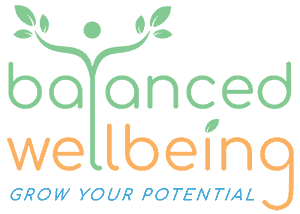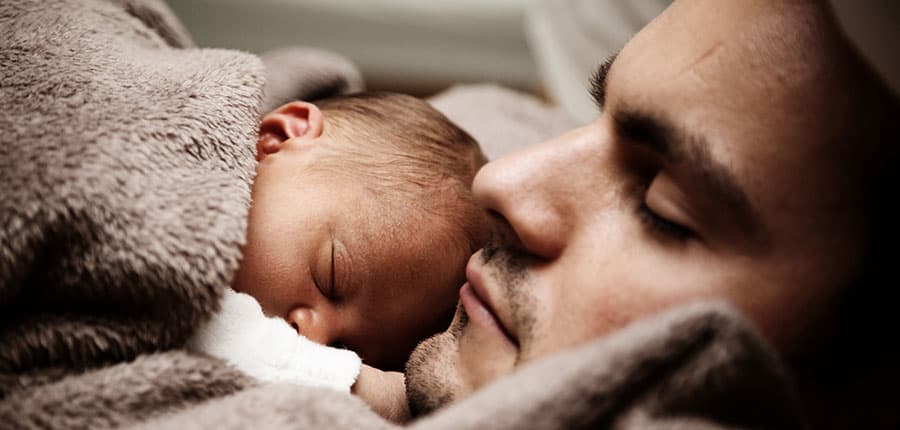With the cold weather creeping up on us, it’s getting harder to get out of bed. Sleep has been on my health agenda this year. Given the work I do as a psychologist, I am well aware that good quality sleep is paramount for a functioning brain.
I remember a long time ago when I was a young mum, studying psychology, and working a few hours a week, sleep was a luxury – haha. I had a moment in a lecture room where I said to my best friend, “Can you see those green leprechauns?” She looked at me with those ‘your crazy’ kind of eyes and told me I was hallucinating and needed more sleep. She was right; it was my introduction to what can happen when we are sleep deprived.
Sleeping and dreaming are topics we probably don’t think about much.
I guess we think it’s as simple as we get tired, we sleep, we sleep we dream. However, the statistics indicate that nightmares and sleep problems are quite prevalent amongst children, adolescents, and adults, with about one third of the adult population reporting some form of insomnia [1]. Symptoms include difficulty getting to sleep or staying asleep, restlessness, waking up too early, not getting enough sleep, or compromised sleep quality. Getting too much sleep can also be bad.
So, what’s so terrible about being sleep deprived, oversleeping, and having a disturbed sleep cycle?
Science tells us that adults need approximately six to eight hours sleep each night, whilst the younger population even more than this.
Not surprisingly, disturbed or insufficient sleep has been linked to a diminished immune system, cancer, Alzheimer’s disease, disrupted blood sugar levels, cardiovascular disease, stroke, and mental health conditions such as depression, anxiety, and even suicidality [2].
In addition, when fatigued or drowsy we are likely to have more accidents, we tend to eat more due to an increase in a hormone that heightens hunger, we cut years off our life span, and too many consecutive days without sleep = death. Geebus, that sounds serious.
Thankfully, for the most part, sleep is comforting. With a good night’s sleep we can feel refreshed, energised, and be clear headed. The way sleep works is we have a 24 hour clock deep in our brain that creates the day-night cycle, during which a brain chemical – melatonin – builds up to promote sleep onset. This is called the circadian rhythm, which may vary from person to person.
The Sleep Cycle
The sleep cycle has four stages lasting about 90-120 minutes each. The dream stage is called REM (rapid eye movement) sleep. We may have four to five sleep cycles nightly.
STAGE 1 we feel drowsy, relaxed, with slow eye movements. We may be easily woken up.
STAGE 2 is light sleep, body temperature and heart rate decrease.
STAGE 3 is deep restorative sleep, with slow brain waves. It’s hard to wake up and is when sleepwalking, sleep talking, or night terrors occur.
STAGE 4 is when we dream. Eye movements increase, our brain waves are more active, and if woken up we feel groggy or sleepy.
So, why do we sleep? [1]
- Many brain functions are restored at every sleep stage. So, missing out on any of the stages, will impair the brain’s efficiency.
- Makes new memories, binds those memories, promotes learning, and prevents forgetfulness.
- When sleeping on our side, the brain detoxes by draining toxins.
- Builds brain connections to assist with problem-solving and creativity.
- Prevent neurological, psychiatric, and physiological disorders.
- Maintains a healthy metabolism, immune system, and reproductive system
So, why do we dream? [1]
- Processes and resolves the days experiences, particularly those that might be painful, emotional, or traumatic. By doing so, these experiences become integrated in current knowledge and our personal history.
- During REM sleep, a stress chemical (noradrenaline) is closed off from the brain, thereby allowing the brain to process or reframe unresolved experiences in a calm state. This neutralises the emotional charge.
- These two points suggest that dreaming provides a form of REM therapy. It also suggests that not dreaming about emotional experiences can leave the ‘wound’ pending, thereby unresolved.
- This system doesn’t work as well in individuals with PTSD apparently due to the higher levels of stress chemicals in their brain. That is probably why some dreams are painful or traumatic.
- Keeps the brain tuned so that we can more accurately read facial emotions and expressions. Ok, this might explain why we can be irrationally reactive to people when we are tired.
- Dreams promote creativity and support problem-solving.
How do you know if you are getting enough sleep? [1]
A simple rule of thumb is the following:
- If you can easily go back to sleep at 10 or 11am, then that could be a sign that you are not getting enough sleep, the quality of your sleep needs attention, or both.
- If you rely on caffeine before noon to function at your best, then it’s possible you might be sleep deprived.
- If you didn’t set an alarm, would you consistently sleep past the time?
- You find yourself reading and re-reading stuff because you can’t concentrate.
- Your memory hasn’t been as good as usual.
Staying healthy requires more than a good nights sleep. Of course, eating well, exercising, hydrating, socialising, managing stress, and having fun are part of the holistic wellness blueprint. However, if we do get good quality sleep, our brain and body function optimally, and this can help us have the energy and zest to action all the other elements that ward off disease and ill health.
If you are having problems sleeping or experiencing some mood problems, give the Clinic a call on 8560 2200 to book a time with Dr Marie Anderson to discuss some solutions.
[1] American Psychiatric Association. (2013). Sleep-Wake Disorders. In Diagnostic and statistical manual of mental disorders (5th ed.) Washington, DC: American Psychiatric Publishing. [2] Walker, M. (2017). Why We Sleep: The New Science of Sleep and Dreams United Kingdom: Penguin Books. [3] Tuck, Advancing Better Sleep (2018). Stages of Sleep and Sleep Cycles. Retrieved from:https://www.tuck.com/stages. [4] Buysse, D. J. (2014). Sleep Health: Can We Define It? Does It Matter Sleep 37(1), 9-17. Retrieved from: https://www.ncbi.nlm.nih.gov/pmc/articles/PMC3902880/


